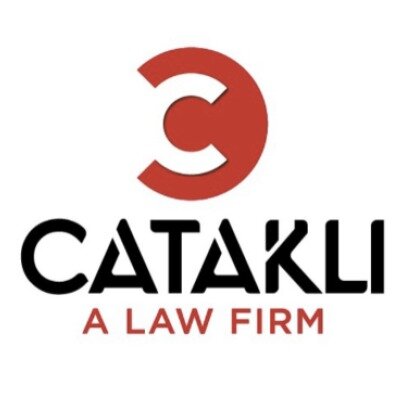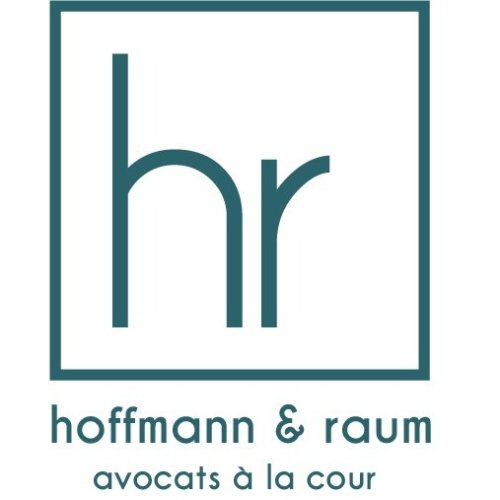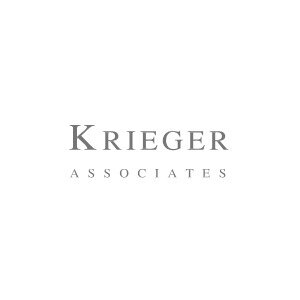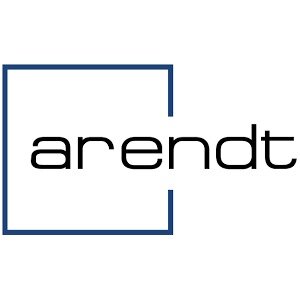Best Business Lawyers in Luxembourg
Share your needs with us, get contacted by law firms.
Free. Takes 2 min.
List of the best lawyers in Luxembourg, Luxembourg
About Business Law in Luxembourg, Luxembourg
Luxembourg is recognized as one of Europe's most dynamic and robust business environments, providing a friendly ecosystem for both local and international businesses. Known for its political stability, Luxembourg offers a highly skilled workforce and a strategic location in the heart of Europe. The country is renowned for its strong financial sector, including banking, insurance, and investment fund industries, alongside a growing presence in information technology and logistics. The legal infrastructure surrounding business in Luxembourg is well-developed, supporting diverse corporate structures and investment vehicles that attract global corporations and startups alike.
Why You May Need a Lawyer
Running or establishing a business in Luxembourg involves navigating a complex web of legal requirements and regulations. You may require the assistance of a lawyer in various scenarios, such as registering a new business entity, drafting contracts, handling mergers and acquisitions, dealing with employment law issues, and ensuring compliance with tax and regulatory obligations. Additionally, legal expertise is crucial when facing disputes or litigation, negotiating deals, or restructuring companies within a transnational framework.
Local Laws Overview
Business law in Luxembourg encompasses several key areas including corporate law, tax law, commercial law, employment law, and intellectual property law. Luxembourg's corporate law allows for the establishment of diverse legal entities such as Limited Liability Companies (SARL), Public Limited Companies (SA), and Special Limited Partnerships (SCSp). The tax regime is highly attractive, featuring numerous treaties and exemptions that facilitate international business operations. Luxembourg is also part of the European Union, and therefore, EU directives and regulations significantly influence its commercial laws. Employment law is well-balanced, providing protections for workers and flexibility for businesses, while intellectual property laws align closely with EU standards, protecting creativity and innovation.
Frequently Asked Questions
What is the most common type of business entity in Luxembourg?
The most common business entity is the Société à Responsabilité Limitée (SARL), or Limited Liability Company. It is preferred for its flexibility and limited liability protection to shareholders.
Are there specific tax benefits for companies in Luxembourg?
Yes, Luxembourg offers a favorable tax regime with various benefits, including an extensive network of double tax treaties, low corporate tax rates, and exemptions for certain types of investment income.
How do I register a company in Luxembourg?
To register a company, you must choose a business structure, draft Articles of Association, deposit minimum capital, register with the Trade and Companies Register (RCS), and obtain a business license.
What labor laws should my business be aware of?
Luxembourg labor laws regulate employment contracts, employee rights, working hours, leave entitlements, and termination procedures. Compliance with these laws is essential for employer-employee relations.
Do I need to comply with EU regulations when operating in Luxembourg?
Yes, as a member of the European Union, businesses in Luxembourg must comply with EU regulations and directives, which cover a broad range of market practices, competition, data protection, and consumer protection laws.
Can foreign nationals open a business in Luxembourg?
Yes, foreign nationals can establish businesses in Luxembourg, but they must secure the necessary residency permits and comply with both local and EU regulations pertaining to business operations and taxation.
What legal considerations are there for mergers and acquisitions?
Mergers and acquisitions in Luxembourg require careful due diligence, adherence to corporate and competition laws, approval from relevant regulatory bodies, and may involve cross-border legal considerations.
How is intellectual property protected in Luxembourg?
Intellectual property in Luxembourg is protected under both national laws and EU directives, covering trademarks, patents, copyrights, and designs. Businesses should register their IP rights to safeguard their innovations.
What is the process for dispute resolution in business conflicts?
Businesses can resolve disputes through various mechanisms such as negotiation, mediation, arbitration, or litigation. Luxembourg has well-established legal processes and courts to handle such matters efficiently.
How does one ensure compliance with local regulations?
Ensuring compliance involves staying informed about local laws, maintaining proper records, filing accurate reports, and, often, engaging with legal advisors to review and implement compliance programs.
Additional Resources
For further information and assistance, the following resources can be valuable:
- Luxembourg Chamber of Commerce
- Luxembourg Trade and Investment Office
- Ministry of the Economy, Luxembourg
- Luxembourg Business Registers
- Luxembourg Finance Ministry
Next Steps
If you are in need of legal assistance in business law, consider contacting a qualified business lawyer with experience in Luxembourg's legal market. Initial consultations can help identify key issues and potential strategies. It's also prudent to gather all necessary documentation concerning your business activities and clearly outline your objectives and concerns for the lawyer to effectively assess your situation. Additionally, regular follow-ups and legal audits can help ensure ongoing compliance and provide guidance on navigating business challenges in a dynamic environment like Luxembourg.
Lawzana helps you find the best lawyers and law firms in Luxembourg through a curated and pre-screened list of qualified legal professionals. Our platform offers rankings and detailed profiles of attorneys and law firms, allowing you to compare based on practice areas, including Business, experience, and client feedback.
Each profile includes a description of the firm's areas of practice, client reviews, team members and partners, year of establishment, spoken languages, office locations, contact information, social media presence, and any published articles or resources. Most firms on our platform speak English and are experienced in both local and international legal matters.
Get a quote from top-rated law firms in Luxembourg, Luxembourg — quickly, securely, and without unnecessary hassle.
Disclaimer:
The information provided on this page is for general informational purposes only and does not constitute legal advice. While we strive to ensure the accuracy and relevance of the content, legal information may change over time, and interpretations of the law can vary. You should always consult with a qualified legal professional for advice specific to your situation.
We disclaim all liability for actions taken or not taken based on the content of this page. If you believe any information is incorrect or outdated, please contact us, and we will review and update it where appropriate.
Browse business law firms by service in Luxembourg, Luxembourg
Luxembourg, Luxembourg Attorneys in related practice areas.















